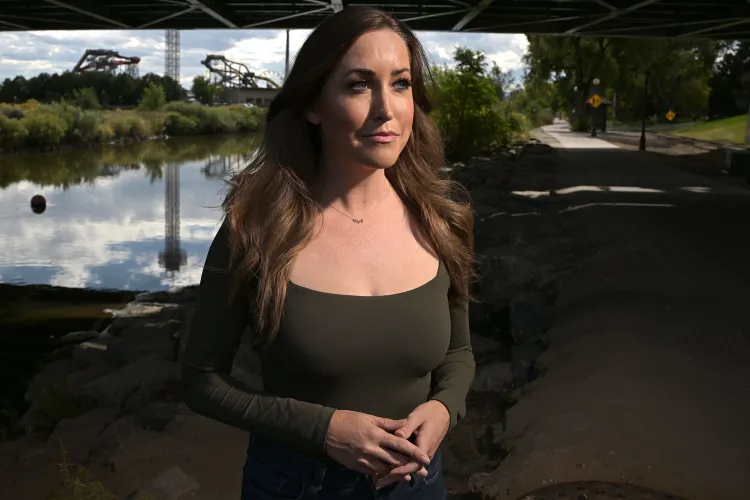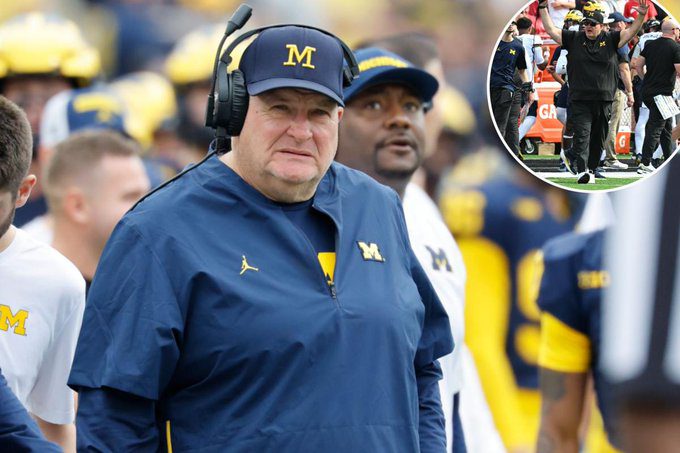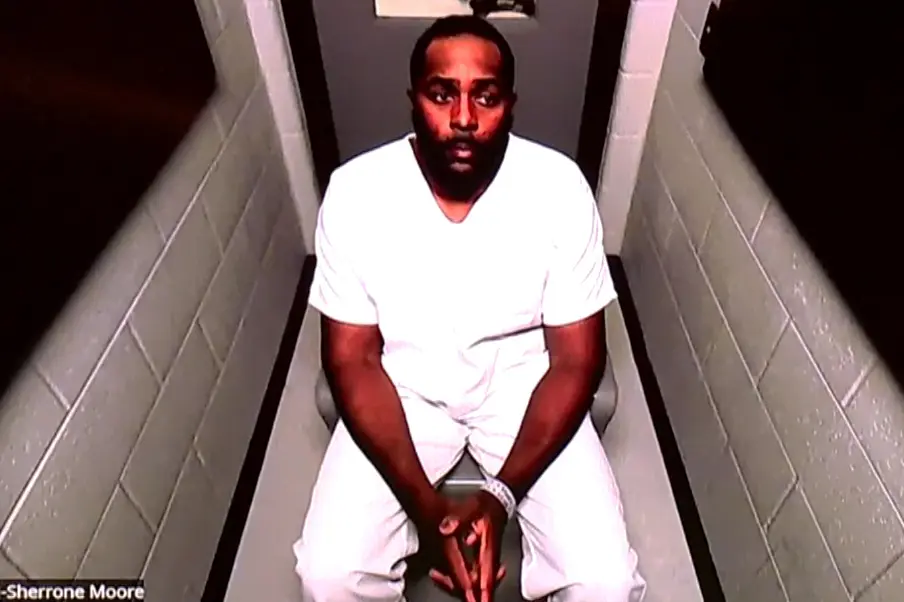FOX31’s Kylie Bearse Says a 69-Year-Old Man’s Messages Escalated Into an ‘Obsessive’ Stalking Case: “He Believed I Was His Wife”
Kylie Bearse says she has learned to read the sky for signs of change. The patterns make sense to her — wind shifts, pressure drops, clouds stacking in layers that tell a story about what’s coming next. What she didn’t expect was having to read the weather inside her own life, watching a harmless-looking drizzle on social media turn into a storm she could no longer ignore. The FOX31 Denver meteorologist says she first noticed the messages in 2022. At the time, they landed in her inbox like countless others from viewers: polite, curious, and easy to brush off. But then the tone changed. The notes grew longer. The claims grew stranger. And when a 69-year-old man began insisting she was his wife, Bearse says it stopped being a curiosity and became a “matter of safety.”
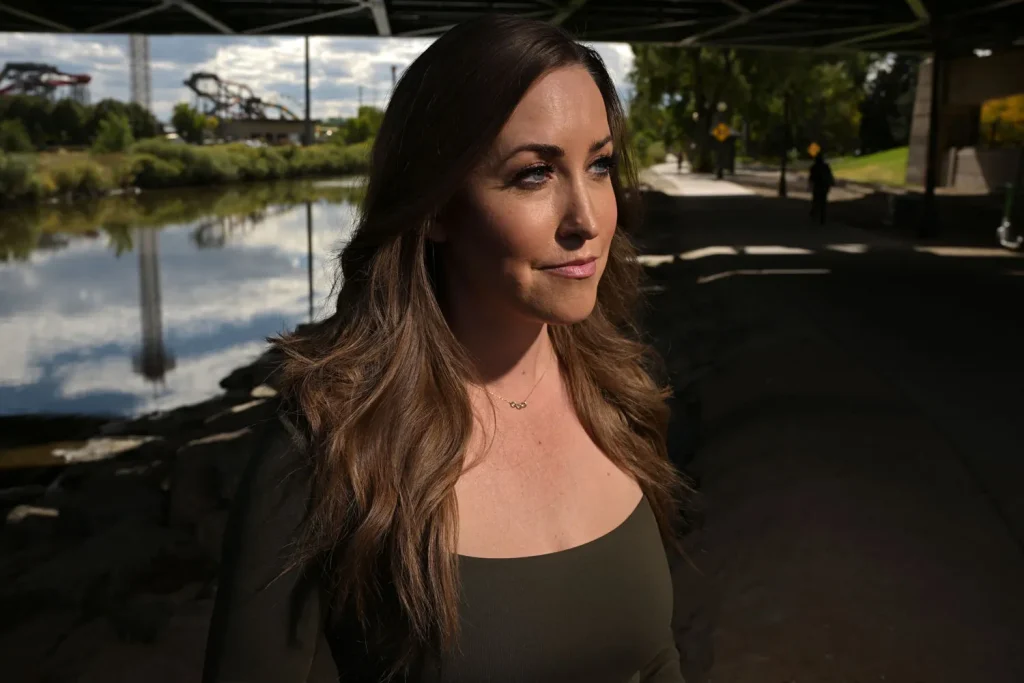
In a conversation with PEOPLE, Bearse explains that the escalation was gradual at first, the way a gray afternoon can quietly become a squall. The messages multiplied, moving from general compliments to elaborate narratives about a relationship that didn’t exist. She says the man seemed convinced there was a shared life between them, one he returned to repeatedly with unsettling detail. “There was a switch,” she recalls. “Suddenly it felt less like a viewer reaching out and more like someone building a world that I didn’t recognize.”
Like many journalists and broadcasters, Bearse knows the delicate balance of public work and private life. She shares weather updates, hiking snapshots, and the occasional behind-the-scenes photo with viewers who tune in each day. Most interactions are positive and encouraging. But when the messages kept coming and the storyline hardened — when “Please respond” turned into “Why aren’t you answering your husband?” — she realized silence was no longer enough. “You want to believe it will fade if you don’t engage,” she says. “But sometimes ignoring it isn’t protection. Sometimes it gives the behavior more room to grow.”
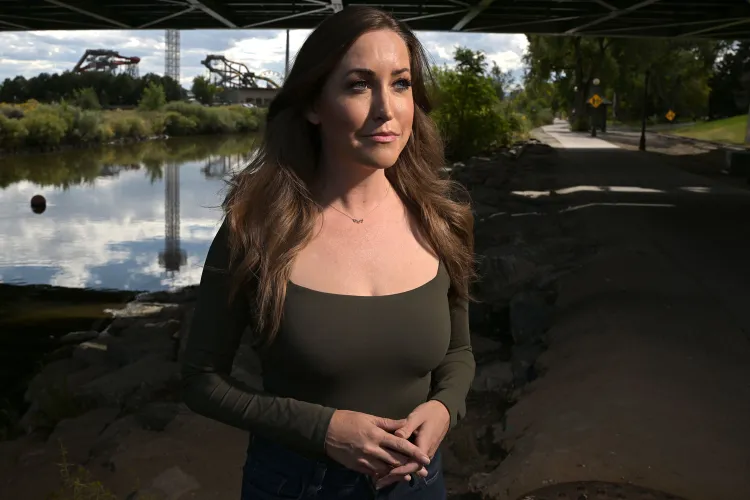
Bearse began documenting the communication, saving screenshots and dates, and looping in her station and law enforcement. She focused on routines that made her feel safer: varying routes, adjusting what she posted in real time, letting friends know where she was going and when. She stresses that speaking out now isn’t about amplifying someone else’s behavior; it’s about reminding people that boundaries are not rude — they’re necessary. “I’m not sharing this for attention,” she says. “I’m sharing because I want other people, especially women in public-facing jobs, to know that you’re allowed to take your safety seriously the moment something feels wrong.”
The emotional toll has been real, she admits. The job of a meteorologist is built on calm, clear guidance in moments when others feel nervous. That steadiness doesn’t always come easy when your own notifications feel like a threat. “I still love what I do,” she says. “I love Colorado weather and the community here. But there has to be space for us to say, ‘This crossed a line,’ and to be taken seriously when we say it.”
Bearse emphasizes that most viewers are respectful and kind. Many of them have reached out with messages of support as she has quietly tightened the circle around her personal life. She hopes her experience encourages newsrooms and platforms to keep strengthening safety protocols for public figures — not just anchors and meteorologists, but reporters, producers, and creators whose work lives online. “It’s not enough to tell people to ignore it,” she says. “We need systems that respond when someone’s behavior shifts from unusual to unsafe.”
What Bearse wants most, though, is for people to trust their instincts. Save the messages. Tell a friend. Talk to your employer. Involve the police when you need to. And remember that your right to feel safe doesn’t require a justification. “I read the radar for a living,” she says with a small smile. “If the conditions are there, you don’t wait for the storm to hit before you act. You prepare. You take shelter. You protect yourself and the people around you.”
Today, she keeps doing what she loves — forecasting the next cold front, celebrating the first snow on the peaks, and reminding viewers to grab a jacket before the evening chill. The weather will always change. But so can the way we respond to the red flags that blow through our lives. “Speaking up is scary,” Bearse says, “but silence can be scarier. This is about safety — mine, and everyone else’s who has felt that same knot in their stomach when a message goes from odd to obsessive.”
